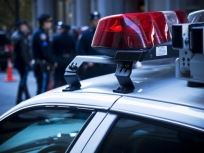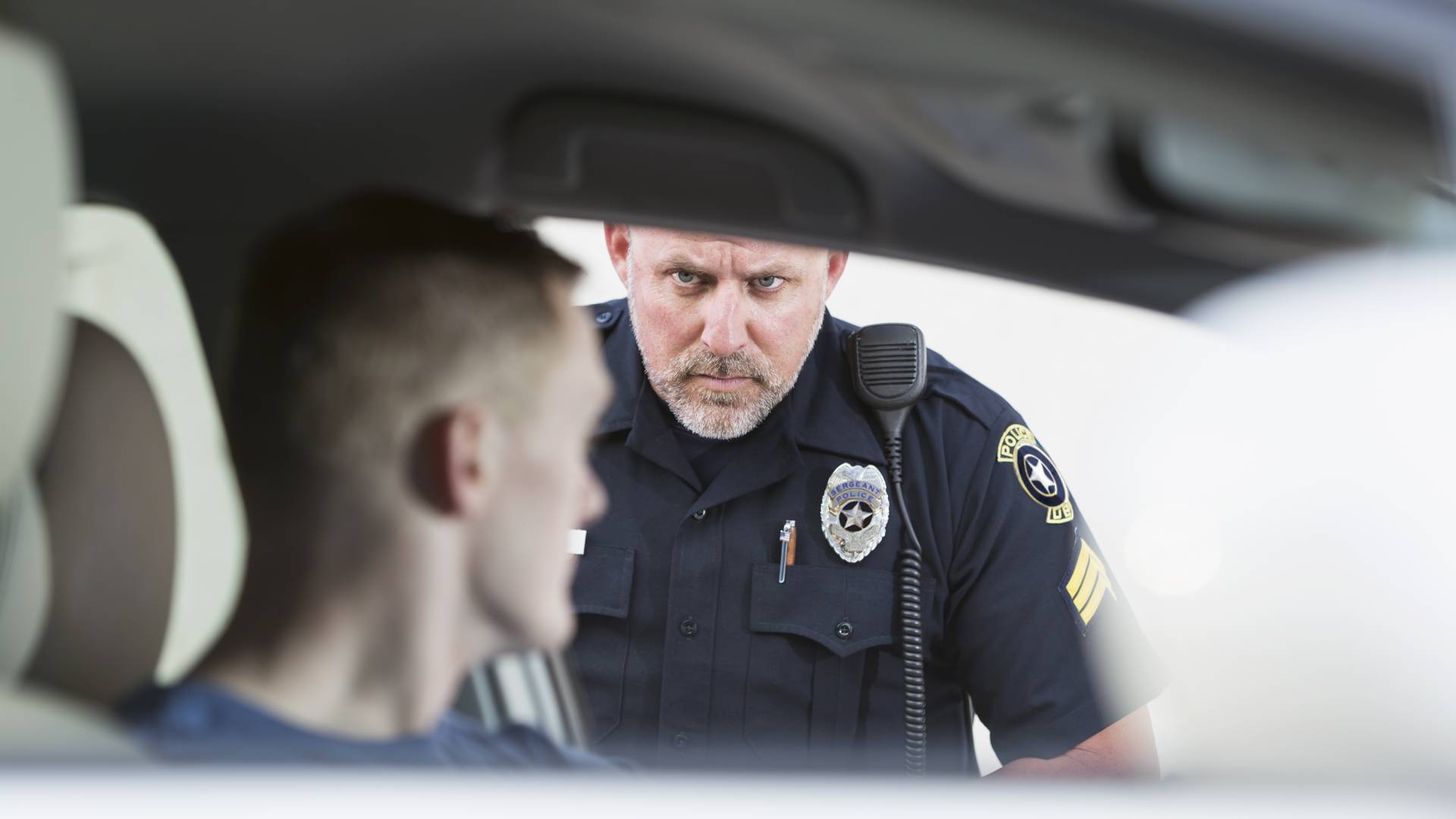In Minnesota, and in many other states across the country, there are specific laws and procedures that come into play when law enforcement stops and investigates drivers suspected of driving while intoxicated (DWI) or driving under the influence (DUI). Among these is the state’s “implied consent” law, which means that any person who operates a motor vehicle gives their consent to testing of their breath, blood, or urine when requested by an officer who believes he or she may be under the influence of alcohol or drugs.
When a driver is pulled over, a law enforcement officer may request that they perform a chemical test using a breathalyzer device, both in the field and later at a processing facility or jail. Officers can only request drivers to take this test if they have probable cause to believe they are under the influence.
While driver’s in Minnesota have a right to refuse a preliminary breath test (PBT) administered in the field, the law of implied consent means that they cannot deny a secondary breath or chemical test without consequences – doing so is considered a crime. Additionally, a breath test refusal can result in an automatic one-year driver’s license suspension. This suspension period may be increased based on a suspect’s criminal history.
Due to the automatic penalties involved with refusal, the implied consent law is clearly designed to encourage suspects to take chemical tests. Generally, this means suspects should take the secondary “evidentiary testing” breath test in order to avoid elevated penalties. However, because all situations are unique, suspects should exercise their right to contact an attorney prior to submitting to the breath test.

Your Defense
At Tamburino Law Group, our legal team has handled numerous DWI cases for clients throughout the Twin Cities and surrounding areas of Minnesota. We understand the laws and procedures in place, and are available 24/7 to help individuals who call prior to submitting to a breath test. If you have already taken a breath test and have been charged with DWI, those charges do not mean you are guilty. There are many defense strategies that may be used to your benefit. For example, our investigations in previous cases have succeeded in evidence obtained through unlawful breath tests (i.e. those administered without probable cause) being thrown out – which can often secure a case dismissal.
The best approach to handling DWI allegations, as well as any concerns you may have regarding breathalyzer tests and evidence the government intends to use against you, is to work with proven and experienced DWI defense attorneys like those at our firm. If you have questions about your rights and what we can do to help, contact us for a free consultation.



.2407131209550.png)





